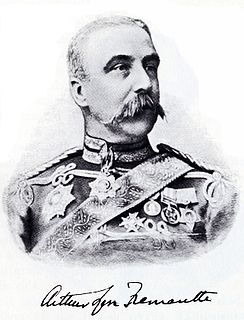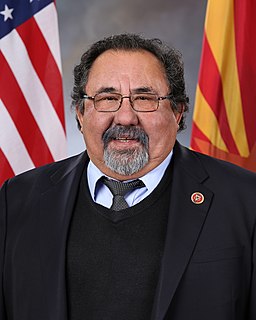A Quote by John Howard
Nonviolent action on behalf of justice is no automatic forumla with promise of success: but neither is war. After all, at least half of the people who go to war for some cause deemed worthy of it are defeated.
Related Quotes
The cause of the great War of the Rebellion against the United States will have to be attributed to slavery. For some years before the war began it was a trite saying among some politicians that "A state half slave and half free cannot exist." All must become slave or all free, or the state will go down. I took no part myself in any such view of the case at the time, but since the war is over, reviewing the whole question, I have come to the conclusion that the saying is quite true.
When I was arrested opposing the war in Vietnam in 1965, as I said about 20 or 30% of people were opposed to the war. By 1968, more than half of Americans were opposed to the war. If you pull in Europeans, Canadians, people from around the Third World, the war was vastly unpopular. But even half of Americans by 1968 opposed the war.
The kid who didn't go back when he should have and now goes back when he shouldn't. The kid called Zombie, who made a promise, and if he breaks that promise, the war is over - not the big war, but the war that matters, the one in the battlefield of his heart. Because promises matter. They matter now more than ever.
When you say that after World War I there was a pandemic that killed more people than the war itself, most will say: "Wait, are you kidding? I know World War I, but there was no World War 1.5, was there?" But people were traveling around after the war, and that meant the force of infection was much higher. And the problem is that the rate of travel back then was dramatically less than what we have nowadays.












































